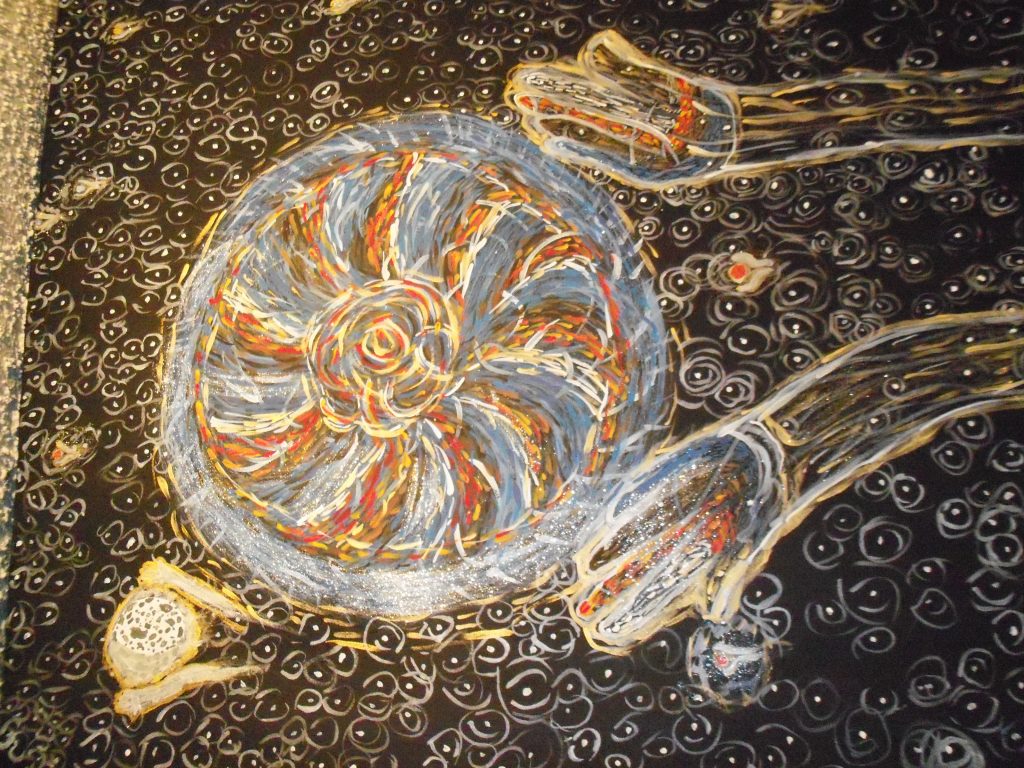According to former Archbishop of Canterbury, Rowan Williams, the conflict between science and religion is a “phoney war.”
“The number of mainstream Christians – certainly in this country – who have qualms about evolutionary theory is very small indeed,” said Williams. “But perceptions are different, and the presence of US-style fundamentalism in the popular imagination means that a growing number who know nothing of the actual history of intellectual discussion of these questions assume that all religious believers must be committed to combating scientific accounts of the universe’s beginnings.”
Now there is new research to back him up. The results show that the majority of people across the UK (71%) and Canada (60%) – including those who self-identify as religious or spiritual – accept evolutionary or theistic evolutionary accounts of the origin of species including humans. Only 9% of UK respondents selected “Humans and other living things were created by God and have always existed in their current form”. The number of respondents endorsing this ‘creationist’ position in Canada was also relatively low with just 15% selecting this option. The number of respondents endorsing this ‘creationist’ position in the UK was lower than previous surveys have indicated. This is significantly lower than similar surveys in the USA, which suggest that around 1 in 4 Americans support this option.
Adults in the United Kingdom showed the highest levels of ease in accepting evolutionary science in reference to their personal beliefs, with 64% saying they found it very easy, easy, or somewhat easy in comparison to 50% in Canada. Only a minority in both countries found it somewhat difficult, difficult or very difficult to accept evolutionary science: 12% in UK and 20% in Canada.
Those who identified as religious or spiritual were also significantly more likely to find it easy rather than difficult to accept evolutionary science in reference to their personal beliefs. Only around 1 in 5 UK respondents (19%) and under 1 in 3 Canadian respondents (29%) who identified as religious or spiritual found it somewhat difficult, difficult or very difficult to accept evolutionary science in reference to their personal beliefs, compared to 53% in the UK and 41% in Canada who found it very easy, easy, or somewhat easy.
The survey is part of a larger project exploring the intersection of science and religion that includes researchers from the UK and Canada that will explore the issue from the perspectives of social science field research; oral history, historical and media analysis; experimental social psychology; and a large-scale survey of public perceptions, attitudes and identity formation.
Only a minority of religious or spiritual respondents endorse a ‘creationist’ position and surprisingly, some non-religious/non-spiritual respondents also do. Only 16% or roughly 1 in 6 religious or spiritual respondents in the UK and only 25% or 1 in 4 religious or spiritual respondents in Canada subscribe to the view that “Humans and other living things were created by God and have always existed in their current form.
“The most encouraging aspect of the survey”, said Fern Elsdon-Baker, Professor and Director of the Centre for Science, Knowledge and Belief in Society at Newman University, is the Project Director, “is that there appears to be a large majority who accept evolutionary science in both countries. Both religious and non-religious people are more likely than not to find it easy to accept evolutionary science in relation to their own beliefs. However, it does throw up some startling results when it comes to public views of the origin of humans and human consciousness. We found similar trends across all religious and non-religious adults, including those atheists surveyed, that suggest a range of people are uncertain of evolutionary science based explanations for the origin of humans and human consciousness.”
“What these surprising findings highlight for the first time is that concerns about evolutionary science aren’t necessarily based solely on individuals’ religious identity. It is not just that some religious people have questions about human evolution it is that some humans have questions about human evolution!”
image: God creating the universe from Beliefnet Community

